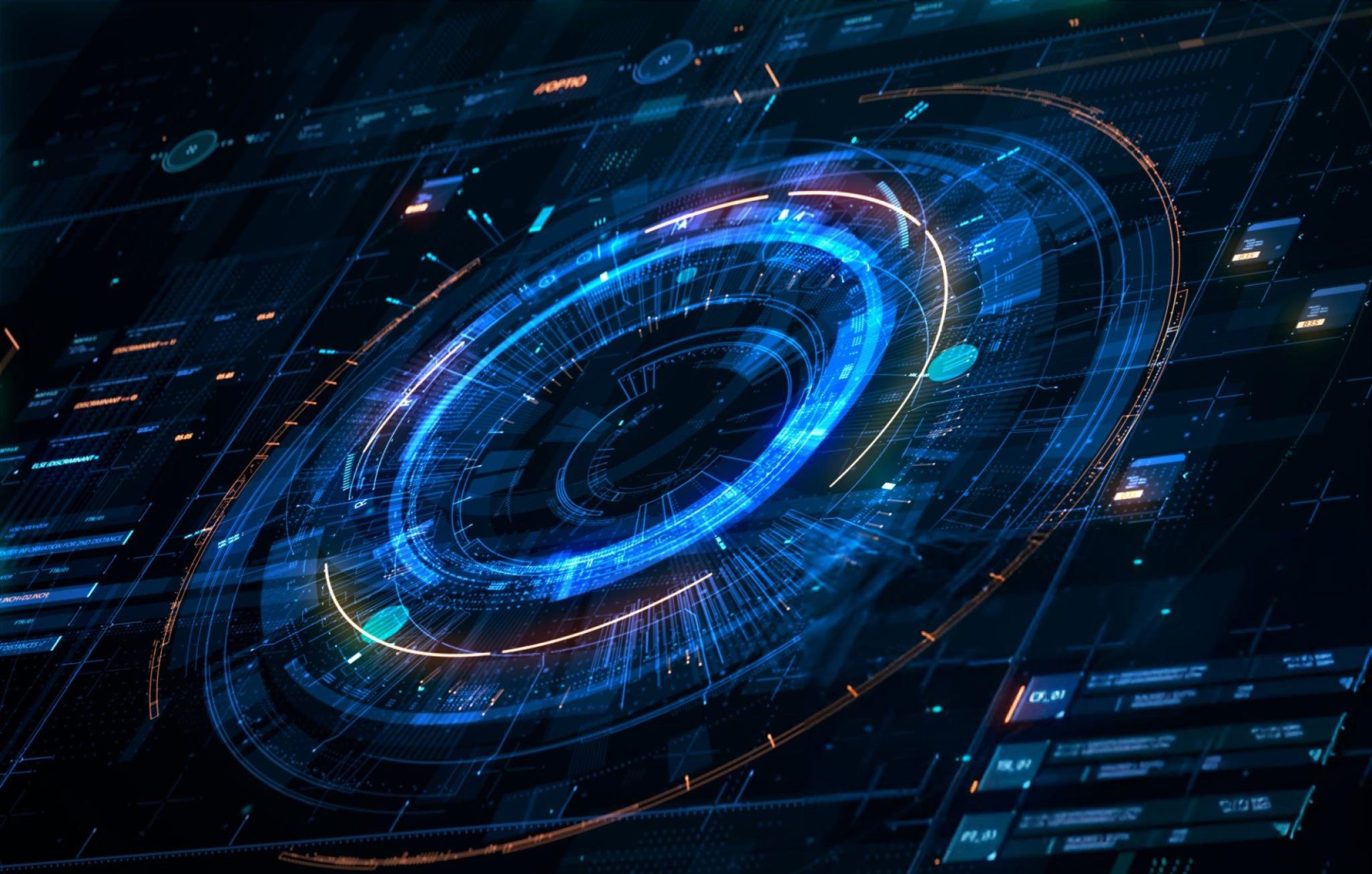In the ongoing debate about the impact of technology on employment, the question of whether technological advancements create or destroy jobs has remained a source of concern. Historically, economists like Adam Smith have argued that innovation would generate new industries, while Karl Marx warned that technological progress could exclude workers and worsen poverty. As the digital age evolves, these concerns have resurfaced, particularly in light of the rise of artificial intelligence (AI) and robotics.
India, a country often touted as a hub for technological innovation, is facing an increasing challenge: the potential disruption of its workforce due to AI. According to the World Economic Forum’s Future of Jobs Report 2025, India is expected to see a 38 per cent “skill disruption” between 2025 and 2030, the highest of any BRICS nation. This disruption refers to the rapid shift in the required skills of the workforce, compelling both employers and employees to rethink how they approach skill development. Brazil follows closely with 37 per cent, South Africa at 36 per cent, and China at 33 per cent, highlighting the global nature of this issue.
The fear of job loss due to technological advancements is not new. The advent of computers in the mid-20th century sparked widespread concern about mass unemployment, yet it led to the creation of new industries and job roles, transforming the workforce. Today, the acceleration of AI, machine learning (ML), and big data analytics is reigniting these historical concerns, as millions fear that automation will make human labour obsolete.
India’s situation is particularly complex, with a significant gap in the skills required to thrive in an increasingly digital world. According to the report, India’s labour market scores only 3 out of 7 for ease of finding skilled employees, with around 42 per cent of its workforce adequately prepared for emerging skills. In contrast, China scores 5, with 71 per cent of its workforce equipped for new skills, underlining the importance of reskilling initiatives.
As the technological landscape continues to evolve, the demand for skilled workers in AI and data analytics is projected to grow rapidly. In fact, India’s fastest-growing job profiles will likely be in these areas, with technology jobs predicted to increase from 22 per cent of the workforce today to 34 per cent by 2030, aligning with global trends.
However, while technological progress brings opportunities, it also creates challenges. According to the Future of Jobs Report, around 48 per cent of jobs in India are currently performed by humans, which mirrors the global average. By 2030, this figure is expected to fall to 31 per cent, indicating that the human workforce will be increasingly displaced by automation, even in India, where large sections of the economy are still highly dependent on manual labour.
The issue of workforce disruption is exacerbated by India’s digital infrastructure. Although internet penetration in the country has improved significantly, with 52.4 per cent of the population online in 2024 and 752 million internet users, India lags behind other nations such as Russia (90.4 per cent) and Brazil (86.6 per cent) in terms of internet access. This digital divide makes it even harder for millions of workers to transition into the technology-driven economy that is taking shape.
Futurist Alvin Toffler’s words, “The illiterate of the 21st century will not be those who cannot read or write, but those who cannot learn, unlearn, and relearn,” echo with particular relevance in India today. As the country prepares its workforce for the demands of new technologies, it is clear that the key to navigating this seismic shift lies in fostering an adaptable, continuously learning workforce.
The path forward for India is not without its challenges, but it presents an opportunity to overhaul the country’s approach to education, skill development, and technological integration. Governments, businesses, and individuals must come together to ensure that workers are equipped to thrive in the digital economy. Without such efforts, India may face a future in which technological progress leaves many behind, deepening social and economic divides rather than solving them.
As technology continues to evolve at an unprecedented pace, the question remains: will India’s workforce adapt in time, or will it fall victim to the very technological revolution it is striving to harness? The answer, experts agree, lies in the nation’s ability to embrace lifelong learning and reskilling, ensuring that its workers are prepared for the future, not just in terms of knowledge, but also in terms of resilience and adaptability.







